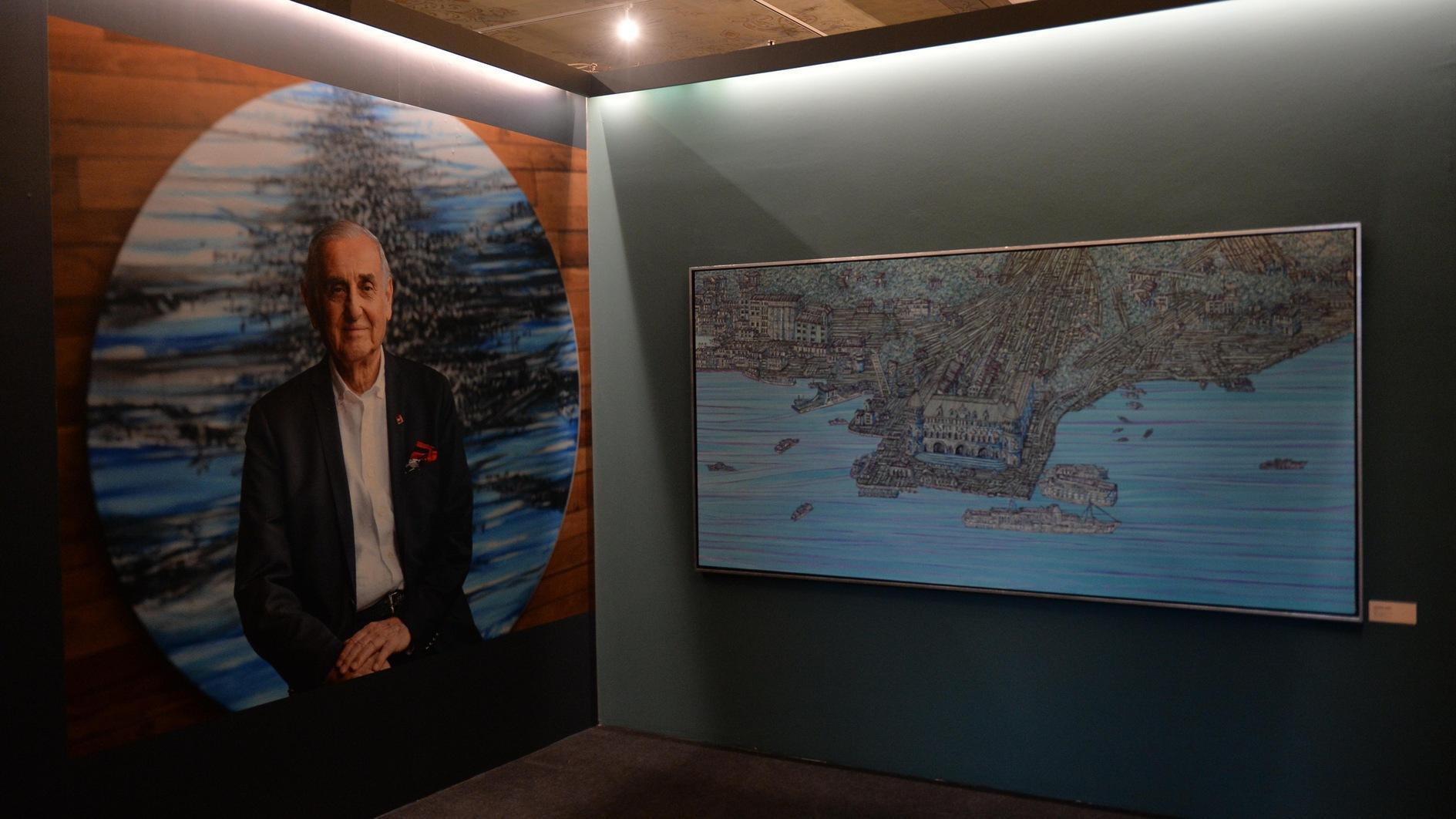Is Turkey ready for a heavy-handed president?
Thanks to mobile phone technology, as new videos appear, together with at least one witness, (or rather victim), it has become clearer that Prime Minister Recep Tayyip Erdoğan might have chased a group of protesters into a shop with his bodyguards. He then appeared to slap at least one of them, a day after the biggest ever mine disaster in Turkey on May 13 in the western Turkish town of Soma, where 284 miners have been announced dead so far. The official death toll may go up to 302, according to officials.
Taner Kuruca, a young miner himself, said he did not mean to make the prime minister angry and Erdoğan had struck an “unintentional” slap to his face. He added that after Erdoğan, his bodyguards had beaten him up in the same market. The scars and bruises on his neck, shoulders and arms were visible in a TV interview. He probably added that word “unintentionally” there in order to soften the case (he chose not to sue Erdoğan) because of fear; at least the fear of losing his job.
(There are reports that Erdoğan said the following to Kuruca and the others he cornered with his bodyguards: “Why are you running away? You Israeli semen.” I watched two separate mobile phone recordings from different angles with my editor colleagues a number of times. Our conclusion is that Erdoğan says “Why are you running away? You were calling me to resign!” The second part in Turkish is “İstifa et diyordun,” which could be misunderstood as “İsrailli dölü” when pronounced quickly and on not very good recordings. In my view, he did not say that.)
It could be understood and respected if a prime minister of a democratic country had entered a nearby shop to wait until the mourning protesters had calmed down instead of sending police officers at them to disperse them by force. It is totally the opposite to chase protesters, become involved in personal, physical contact and have them beaten up.
It is worth recalling that Erdoğan’s advisor, Yusuf Yerkel, whose photos are now circulating all over the place, kicked a protester while the latter was being dragged on the road by two special operations policemen, and staged this attack right after Erdoğan’s slap in the market.
To everyone’s surprise, Hüseyin Çelik, the spokesman for Erdoğan’s ruling Justice and Development Party (AK Parti) said on Friday, May 16, that Yerkel was actually the one who was attacked by the protester and received a medical report saying he needed 7 days to heal. (He was, however, seen at Friday prayers in Istanbul, right behind Erdoğan.) Çelik refrained from issuing an outright denial for the slap (or fist) controversy, simply calling it a “scenario” and a “claim.” Meanwhile, Erdoğan’s chief political advisor, Yalçın Akdoğan, wrote in his column in the pro-government newspaper Star yesterday that Yerkel’s attack on the protester being firmly held down by two policemen was actually “self-defense,” as the protester’s intention was to “lynch” the PM’s team.
There is no need to give more examples. Erdoğan and his team believe that if they accept any fault, especially after the corruption probe opened on Dec. 17, 2013, they might lose everything they have, particularly power: Don’t acknowledge any wrongdoing by anyone related to the AK Parti, or in government activities; cover it up if you can, protect the members of your team - even if you know that what they have done is wrong - in order to maintain the status quo.
The Soma example might have shown that no one in Turkey is exempt from the probability of being touched by Erdoğan personally if they do or say anything to annoy him.
The question is whether Turkey is ready to be ruled by a heavy-handed president, as Erdoğan is currently the only apparent candidate for the presidential elections to be held in August.
This is not a very pleasant question, but this is the situation for the NATO-member and EU-candidate Turkey as we speak now.











